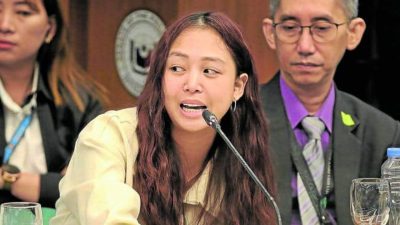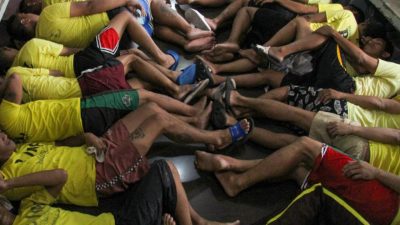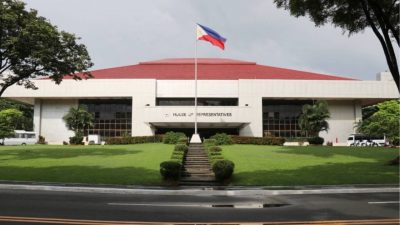The Department of Agriculture (DA) is being asked to heed the order of President Ferdinand R. Marcos Jr. to relax its policies and procedures on the importation of farm products, including the removal of non-tariff barriers that is seen to boost local supply and bring down prices of items such as rice and pork.
A licensed rice importer deplored that some DA officials held his shipment involving 192,000 bags of 25 kilos bearing the Piña Brand Rice on board the vessel M/V Seagull 09, but upon checking, everything was in order.
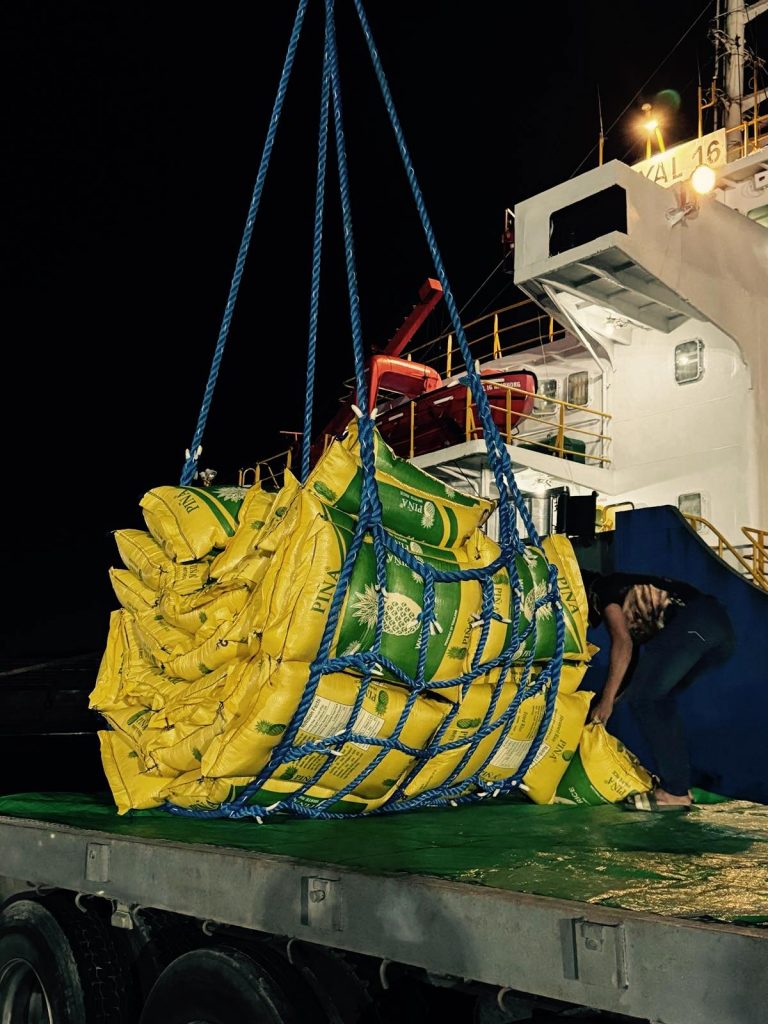
The rice importer has already paid the Php 48,774,139.01 in taxes and duties as required by the Bureau of Customs.
“After full inspection conducted by the DA together with the Philippine National Police and the National Security office under Secretary Eduardo Año. The three agencies found everything to be above board,” the rice importer, who requested anonymity, said.
“Taxes were fully paid and full declaration of quantity of goods was also in order,” the importer added.
Two more vessels also arrived and declared fully and properly at the Bureau of Customs for duties of more or less Php 96 Million pesos.
All shipments were also covered with the proper Sanitary and Phyto-Sanitary Import Clearance (SPSIC) permits, phytosanitary certificate of origin and all necessary documents for legal importation, according to the importer.
The Piña Rice Brand was the main reason why all rice prices were stabilized as low as Php 47 pesos per kilo as compared to prices months ago.
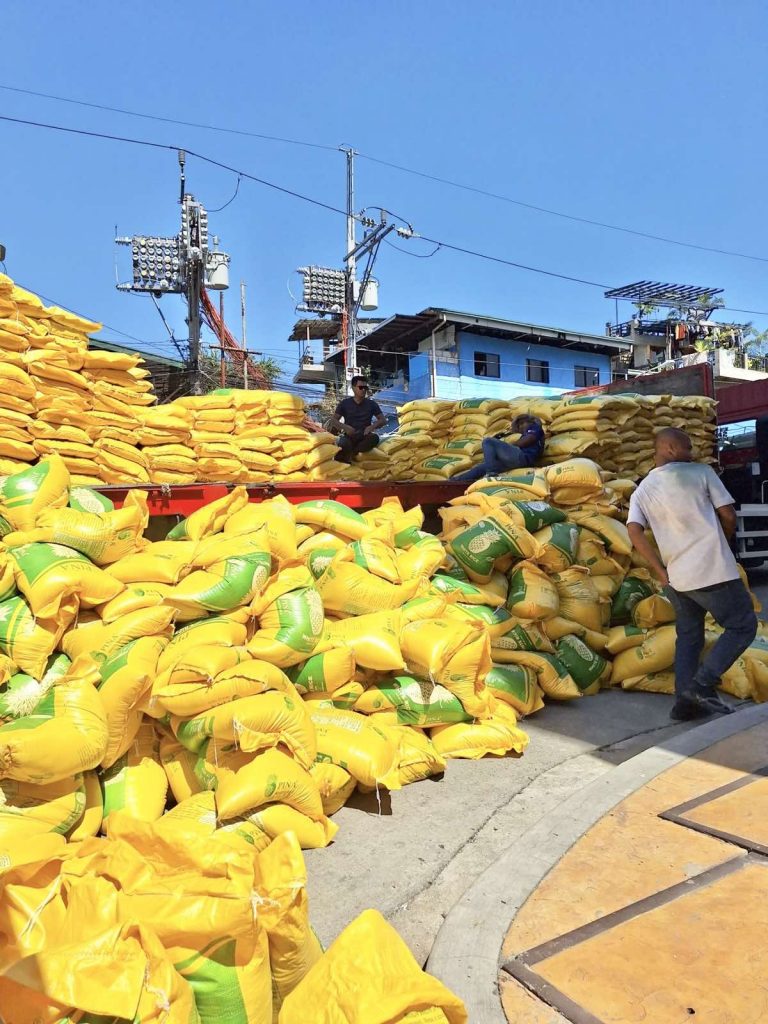
“Kasi ang selling ng bigas dati panay 55-65 pesos. Sumula ng dumating itong rice under MOU (memorandum of understanding) ng Philippines and Vietnam, signed by the President and Secretary Francis Laurel and the Vietnam Government, bumaba sa range ng 47-49 pesos ang presyo ng bigas,” the importer explained.

The Kadiwa ng Pangulo together with the DA, Department of Social Welfare and Development (DSWD), Department of Interior and Local Government (DILG), and local government units (LGUs) also provided this rice brand for the constituents of local governments.
The President issued Administrative Order No. 20, signed by Executive Secretary Lucas Bersamin on April 18, due to the persistence of administrative and nontariff constraints that have caused the continued increase of domestic prices of agricultural commodities.
Nontariff barriers include quotas, import licensing systems, regulations and red tape that restrict or delay the entry of imports.
Marcos directed the DA, in coordination with the Department of Trade and Industry (DTI) and Department of Finance, to streamline procedures and requirements in the licensing of importers, minimize the processing time of application for importation, and exempt licensed trades from the submission of registration requirements.
AO 20 also authorizes the DA to allow the importation of agricultural products beyond the authorized minimum access volume, or the quantity of an agricultural product that is allowed to be imported at a lower tariff as committed by the country to the World Trade Organization, and remove the corresponding fees related to the increased importation.
The President also ordered the DA and its attached agencies to process, approve and release SPSIC applications within 15 days; otherwise, applications with completed documents would be deemed approved.
Under AO 20, the President created a surveillance team to ensure the effective and efficient implementation of his directive. It will be made up of representatives from the DA, DTI, BOC, DILG, Department of Justice (DOJ), Philippine Competition Commission (PCC), National Bureau of Investigation (NBI) and the PNP.



